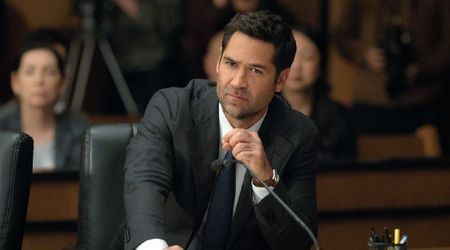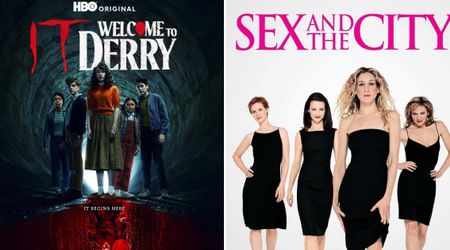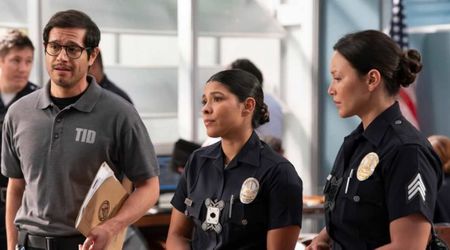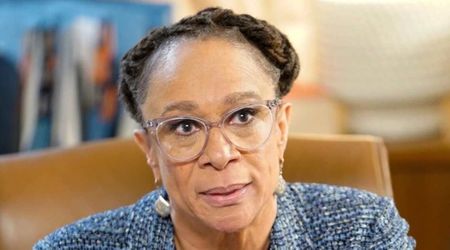'Big Little Lies' season 2 shows Celeste as a 'bad mother', but is Mary Louise any better?

First off - Celeste Wright (Nicole Kidman) did not deserve to be torn apart in court for the number of men that she slept with or the fact that physical violence often resulted in sex between her and husband. She was gaslit and the episode is reflective of a reality where victim shaming precedes logical representation for a strong custody case. Even as she squirmed in her seat while the men that she has slept with were paraded in her face, I pitied her for what she was going through, because that is definitely not what she deserved. However, does that mean Celeste is mentally stable enough to care for her children?
In an ideal world, what Celeste should have been interrogated about - because that's what took place in court in episode 6 - should have been about her mental health. The judge does touch upon this towards the end of Celeste's questioning when she asks her if she is taking help regarding the addiction to sexual encounters that do sometimes involve violence. That is, however, not even the surface of complex emotions that Celeste is undergoing right now. She says she hadn't come clean with her therapist about this and it was because her therapist had worked quite hard on her. This is not something that will go away in days or weeks. She needs to work really hard on herself.

For instance, the fact that she was outed in court for driving off the road after taking Ambien and not remembering how she ended up there should have given her a pause and helped her take a step back and reassess herself. Is she fit to be the sole caretaker of two boys, one of whom is already known in school as a bully? What we do see her do instead is take shots of vodka from a mug. While she tells the judge later that she has stopped taking Ambien, I cannot help but wonder if she is replacing Ambien with alcohol.
Yes, Celeste is a victim who was continually abused by her husband. However, she now needs time to heal and go through with her therapy. She needs to lift the veil of secrecy when it comes to why her sexual encounters could be harmful mentally in the long run and she needs to get better to be a better mother for her sons. Children are mindful of every little detail about their parent's lives and this is reflected in how they speak, the words they speak and the way they act. So her unstable mental condition could at any time build up into a traumatizing experience for the kids. Now, doesn't this mean we are rooting for the kids to be taken care of by their grandmother Mary Louise (Meryl Streep) who is fighting for custody. Definitely not. If we were to go by her actions since she has come to Monterey, it is clear that she is not someone who is fit to be a parent either.
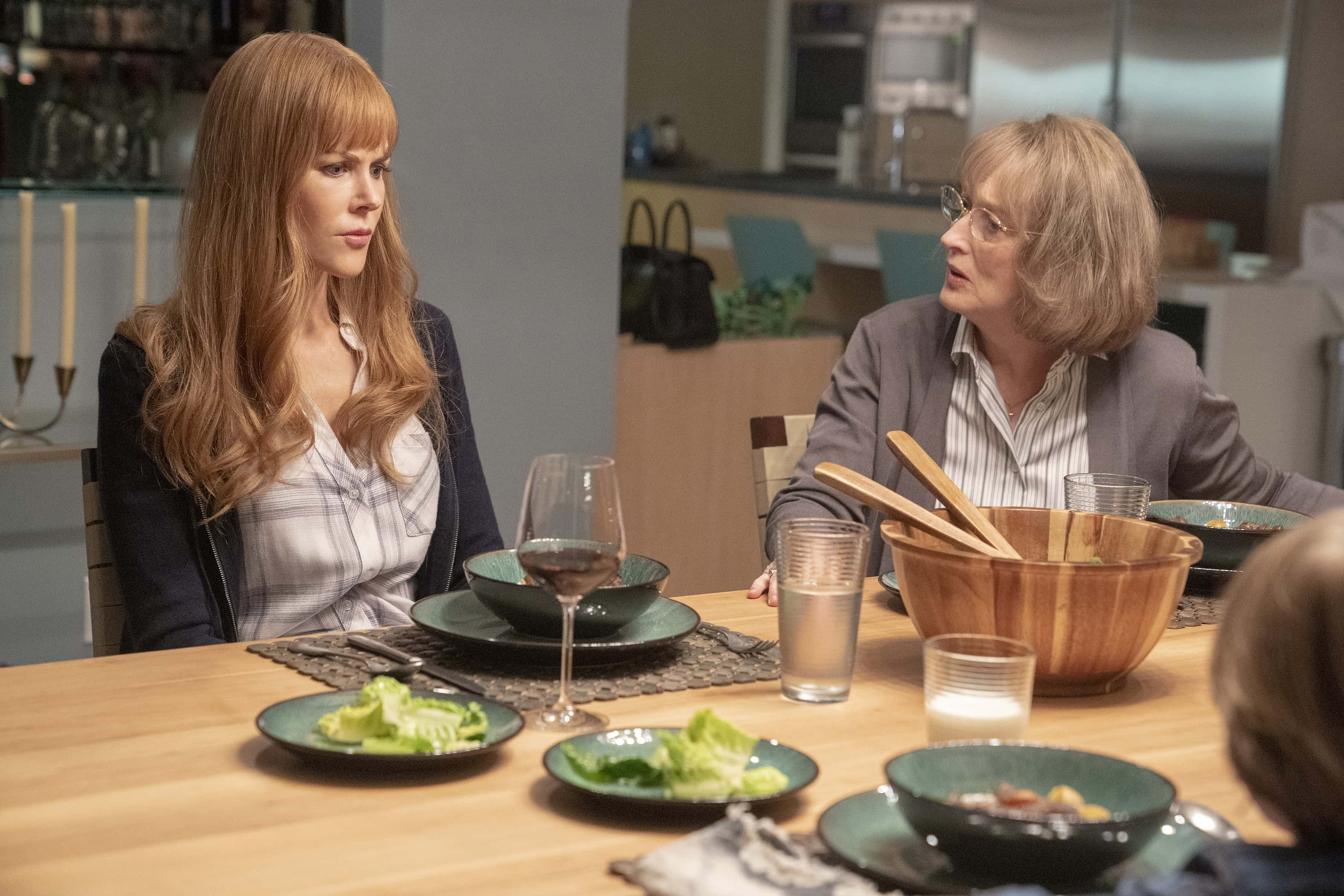
Why I am sure of this fact is the way she speaks of her dead son Perry Wright (Alexander Skarsgard), despite knowing that he raped a woman. She keeps coming up with excuses which also includes victim shaming, and this is a time when we want mothers to teach their sons the difference between right and wrong. What good will someone like Mary Louise do to Josh and Max Wright who need equal parts discipline and love? In fact, we hope that the witness that Celeste is planning to bring to court to question Mary Louise's character gives due cause for Judge Cipriani to think twice about the ruling.
This is not a matter about which elder figure would serve the kids better, but about addressing how mental health can and does affect parenting. Of course, Celeste being cross-questioned by Mary Louise's lawyer is a reflection of how victims have repeatedly faced lawyers to have their trauma turned against themselves, but this has only served 'Big Little Lies' with melodrama more than anything.
For a show that had started off with such accurate and relatable portrayal of trauma, as the season and the show itself come to an end, the license to use melodrama is visibly heavy-handed, and clearly out of place. Now, if the showdown between Celeste and Mary Louise inside the courtroom were to solely be about their mental health, the show's intensity would have doubled, and it would have also resulted in conflict that the audience would have also had to grapple with as they decide on who to root for.




